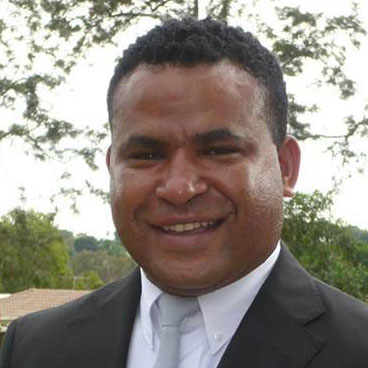In a fitting sequel to yesterday’s post on the father of existentialism, I thought I’d recommend the services of an old friend from philosophy days who now practises as an existential therapist.
To give you an example of what the hell I’m talking about, consider a few lines from Kierkegaard himself:
When a man faints, people shout for water, eau de cologne, smelling salts; but when a man is about to despair the cry is, “Find possibility, find him possibility!”
Possibility is the only saving remedy. Given possibility, the desperate man breathes once more, he revives again, for without possibility it is as if a man was lacking air.
Finding possibility, or opportunity, or meaning. This is what existential therapists help people to do.
Put another way, existential therapists help clients draw on their own strengths and beliefs to face life’s challenges. It’s very easy for us to succumb to “worldly orthodoxies,” and adopt false worldviews. So, for example, a person’s experience of depression — I’m speaking of regular depression not pathological depression — can be reduced to a state of mind, “an attitude I should get over.” Alternatively, it can be reduced to “an illness that happens to me,” like a virus or infection, and which is best treated with medication.
An existential therapist would help reframe that view. How precisely, I don’t know. I’m a priest, not an existential therapist. But I’ve got a pretty good idea: Depression isn’t something that happens exclusively within us; nor is it something that happens exclusively outside of us. It’s not purely psychological, or purely biological, but existential. Existential therapy reviews “how I exist,” and draws on that as a strength and strategy in self-care, thought patterns, and engagement with others.
This is the background Matthew and Fiona bring to their Catholic Counselling service:
As a Catholic approaching counselling, you want to know that your religious commitments are respected and safe. And of course you want counselling that is caring, skillful and effective. It was with these aims in mind that this counselling service was created.
There are a broad range of issues that we provide counselling for, from emotional or psychological problems, relationship issues, moral or religious dilemmas, positive goals in life, and anything for which you think talking it through might help.
Apart from their backgrounds in existential therapy, Matthew and Fiona also have Catholic backgrounds — if it wasn’t for Matt, I probably wouldn’t be a priest — and of course they’re professionally trained and qualified counsellors.
I recommend them. Far from disparaging clients’ faith and viewing it as neurotic, or ignoring clients’ faith and viewing it as accidental, they equip clients to use their faith as a means to healing. Faith cannot, of course, be reduced to a therapeutic tool. Moreover, counselling should never be used to proselytise. But that background in existential counselling, I think, safeguards against both.






I was just asked to sign a petition to remove priest counsellors from schools. I felt their should be a counter petition. This article is a great help for that. Thank you.